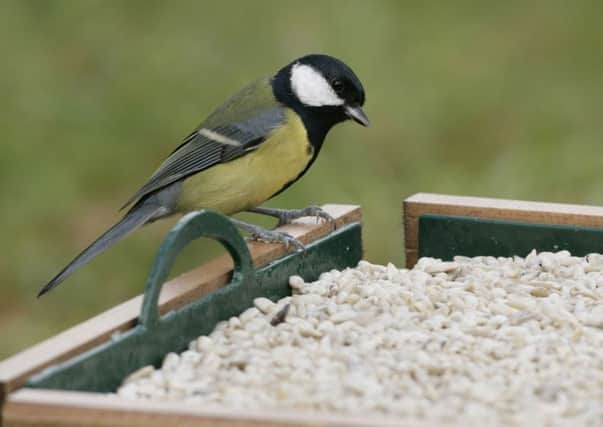Bird flu prevention zone extended to cover whole of England


This means it is a legal requirement for all bird keepers to follow strict biosecurity measures. It comes as 13 dead wild birds were confirmed to have the virus in Warwickshire.
Last week 17 wild birds tested positive in Dorset and a total of 31 infected birds have now been identified at that site. Defra took swift action to put a local prevention zone in the area on Friday (12 January). However, as these latest results show the disease is not isolated to a single site the decision has been taken to extend the prevention zone across the country on a precautionary basis.
Advertisement
Hide AdAdvertisement
Hide AdTesting of the birds found in Warwickshire is ongoing, however, it is highly expected that this will be the same H5N6 strain of the virus which has been circulating in wild birds across Europe in recent months. Public Health England have advised the risk to public health remains very low and the Food Standards Agency have said that bird flu does not pose a food safety risk for UK consumers.
Chief Veterinary Officer Nigel Gibbens said: “Following the latest finding of bird flu in wild birds in Warwickshire, we are extending our action to help prevent the virus spreading to poultry and other domestic birds.
“Whether you keep just a few birds or thousands, you are now legally required to meet enhanced biosecurity requirements and this is in your interests to do, to protect your birds from this highly infectious virus.”
The prevention zone means bird keepers across the country must:
Advertisement
Hide AdAdvertisement
Hide Ad· Ensure the areas where birds are kept are unattractive to wild birds, for example by netting ponds, and by removing wild bird food sources;
· Feed and water your birds in enclosed areas to discourage wild birds
· Minimise movement in and out of bird enclosures;
· Clean and disinfect footwear and keep areas where birds live clean and tidy;
· Reduce any existing contamination by cleansing and disinfecting concrete areas, and fencing off wet or boggy areas.
Advertisement
Hide AdAdvertisement
Hide AdKeepers with more than 500 birds will also be required to take some extra biosecurity measures including restricting access to non-essential people, changing clothing and footwear before entering bird enclosures and cleaning and disinfecting vehicles.
The prevention zone will be in place until further notice and will be kept under regular review as part of our work to monitor the threat of bird flu.
Poultry keepers and members of the public should report dead wild birds to the Defra helpline on 03459 33 55 77 and keepers should report suspicion of disease to APHA on 03000 200 301. Further avian influenza advice, including how to spot the disease, is available on gov.uk.
There are no plans to carry out any culls or put movement restrictions in place.
Advertisement
Hide AdAdvertisement
Hide AdThe British Free Range Egg Producers Association says it is vital that all poultry keepers follow heightened biosecurity protocols following the implementation of a bird flu Prevention Zone.
Robert Gooch, the chief executive of BFREPA, said: “We welcome the move from Defra to heighten biosecurity in light of the further discovery of avian influenza.
“It’s vital that all poultry keepers - including small backyard flocks - follow the guidance that has been issued today so that all flocks are protected.
“Consumers should be reassured that Public Health England has advised the risk to public health remains very low and the Food Standards Agency has said that bird flu does not pose a food safety risk.”